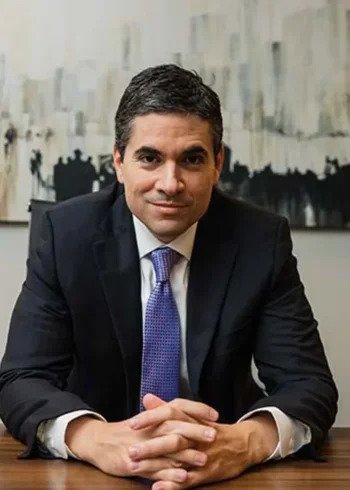All Texas parents have a duty to financially support their minor children, whether that obligation arises through divorce, acknowledgement of paternity, or establishment of parentage in court. The law on court-ordered child support is clear on many factors, such as how long parents have to pay and the manner of payment.
However, many parents ask an important and understandable question: “What does child support cover in Texas?”
If you are the parent paying it, you want to make sure the funds are used for appropriate reasons. As the recipient, you need to plan for budgeting. An Austin child support lawyer can provide more specific information, but some answers to common questions may be useful.
What does child support cover in Texas?
The purpose of child support is to provide for the reasonable living expenses that are necessary for raising the child. The amount is case-specific, so it will be based upon a number of factors, such as the respective incomes of the parents.
The funds may be dedicated to:
- Food and accommodations;
- Clothing and personal items;
- Medical and dental expenses;
- Costs of education, including school supplies, books, and fees;
- Some travel and entertainment; and,
- Other items that are fair and reasonable under the circumstances.
Do you have to pay extracurricular expenses on top of child support?
When faced with a request for reasonable costs of extracurricular activities, a court will usually approve child support. Judges typically see these activities as a valuable part of the child’s social development, almost as important as education. Therefore, child support may be applied to such extracurricular activities as:
- Sports programs;
- Musical instruments and lessons;
- Art activities;
- Camp; and,
- Many other activities that fall outside typical educational curriculum.
What is excluded from Texas child support obligations?
In general, child support will likely not be approved for unnecessary expenditures or activities. Again, what is considered necessary will vary based upon your circumstances. A court may not approve child support for:
- Cosmetic surgery;
- Private school tuition;
- A car for children of driving age;
- Luxury items, such as jewelry or designer clothing; and,
- Other unneeded expenditures.
Can I contest payment of certain child support expenses?
You can dispute or question expenditures of child support, but it is important to do so through the proper channels. The judge’s child support order is essentially a private law that applies to you. Violating it has severe consequences.
Instead of refusing to pay or otherwise taking matters into your own hands, you need to file the proper paperwork to have the court review the application of child support funds. The judge will make a determination after assessing all relevant factors.
Consult with a Knowledgeable Austin Child Support Attorney Regarding Your Situation
If you have other questions about what child support covers in Texas, please contact the Law Office of Ben Carrasco, PLLC. You can schedule a consultation regarding your circumstances by calling (512) 489-9820 or visiting the firm’s website. We can review your situation and tell you the best strategy for addressing child support expenditures.

